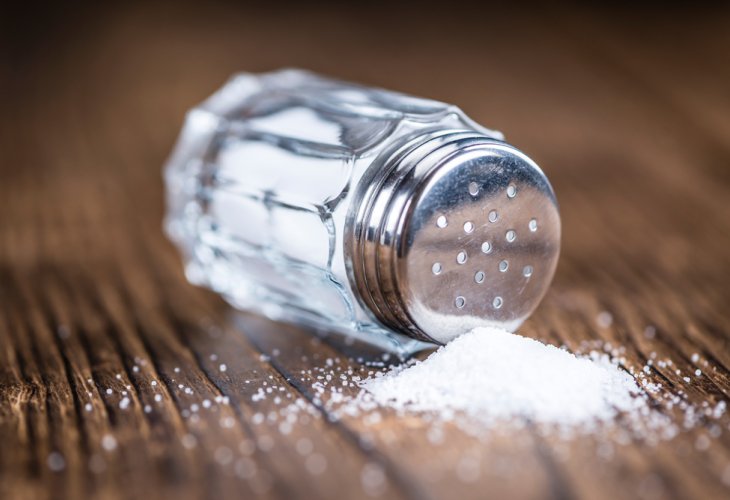Cutting Back on Salt: Tips for Reducing Sodium in Your Diet
The main issue with salt consumption is that our taste buds adjust to the level of saltiness, leading us to consume even more. So, what's the solution?
 (Photo: shutterstock)
(Photo: shutterstock)Salt is a compound made of sodium chloride, which has been used by people since ancient times to season food, preserve it, pickle vegetables and fruits, make cheese, and prepare meat.
Salt has antiseptic and healing properties, commonly used to treat sore throats and gum inflammations.
Sodium is a crucial mineral for maintaining the body's fluid balance. Additionally, it's essential for transmitting nerve signals and influences muscle contraction and relaxation.
Food manufacturers add large amounts of salt to enhance flavor and mask undesirable tastes. When salt is added, sugar and oil quantities must also be increased to balance flavors and give the product an appealing look, enticing repeat purchases.
When everything functions smoothly, the kidneys regulate sodium levels. However, when sodium intake exceeds normal levels, the kidneys work harder and may struggle to excrete it, leading to sodium buildup in the blood. This can cause fluid retention, increased blood volume, high blood pressure, and added stress on the heart. Excessive sodium intake can also lead to the presence of the Helicobacter pylori bacteria.
In reality, most people consume more salt than their bodies need. While young, the body is resilient and can handle it. However, this strains the body, and as we age, the kidneys weaken.
The main issue with salt consumption is that taste buds adapt to the saltiness level, prompting the addition of more salt to feel the flavor. Without being aware, we consume massive amounts of salt in processed foods, salty cheeses, and sauces like soy, teriyaki, and chili.
Most packaged foods cause thirst, which some mistakenly interpret as hunger, linking salt consumption to weight gain.
It's vital to be cautious with canned foods like pickles, olives, as well as roasted and salted nuts, soup powders, deli meats, and ready-made salads.
All these contain high salt levels serving as a preservative, extending product shelf life and preventing spoilage.
Be aware that even "vegan" foods, often categorized as healthy, can contain high sodium levels.
The recommendation is to gradually reduce salt intake. Taste is acquired, and it's easy to condition taste buds to less salt over time.
Different herbs and spices can aid in reducing and adapting to lower salt intake.
Zohara Shravit is an N.D. naturopath and iris diagnosis expert, with many years of experience in treatment, consultation, and workshop facilitation. To book a free workshop, call 073-2221290

